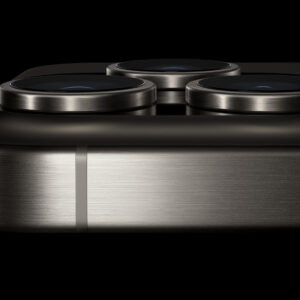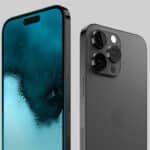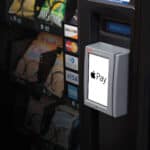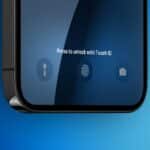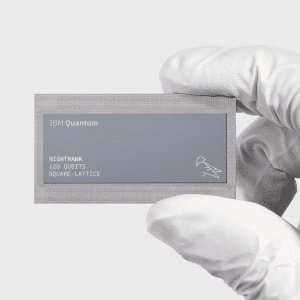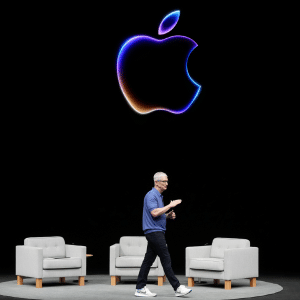Twenty registered nurses at the Royal Women’s Hospital gynaecology unit in Melbourne have been given iPhones as part of a one year trial to investigate whether the devices improve communication and decision making processes when caring for patients.
Victoria University’s Chief investigator Dr Maureen Farrell believes smart phones have the potential to revolutionise communication in health care. “An iPhone will become like a stethoscope; 70% of physicians are already using them and I just think it’s a matter of changing the culture within nursing to adopt the technologies that we certainly need to adopt.”
The nurses involved in the study have been required to download three specific medical software applications (MedCalc, MIM5 and PubMed) and were also given $30 credit to download other smart phone apps of their choice.
The iPhones can be used in any number of ways – from calling and texting other nurses and doctors instead of paging them, to accessing information about the drugs that nurses are administering to their patients.
Dr Farrell said the iPhones were convenient for nurses as they could be used anytime. “5ay [nurses] were unsure of a drug, they can look up a drug with their patients, they can actually educate their patients.”
Principle investigator from the Royal Women’s Hospital Katy Weare agrees iPhones could become a valuable patient education tool. “When we’re educating a patient ready for discharge about what supports are out there in the community we might refer them to BreaCan, which is the breast and gynaecological support service. If we just tell the patient that BreaCan exists there’s a good chance they may forget because they’re getting so much information. I do think that if we take them using the iPhone to the website it is more likely that they remember that BreaCan exists, so even if they’re not ready to utilise that community service straight away they might remember it later on.”
Ms Weare said many of the nurses had also been using the iPhone as a learning tool. “They’ve shown me that they’ve got an app for cardiac monitoring, so cardiac rhythms, it describes the characteristics of that.”
The researchers will track how the nurses use their iPhones over a one year period and whether the device enhances their communication and decision making processes. The trial ends in September next year.
Australian Nursing Journal

